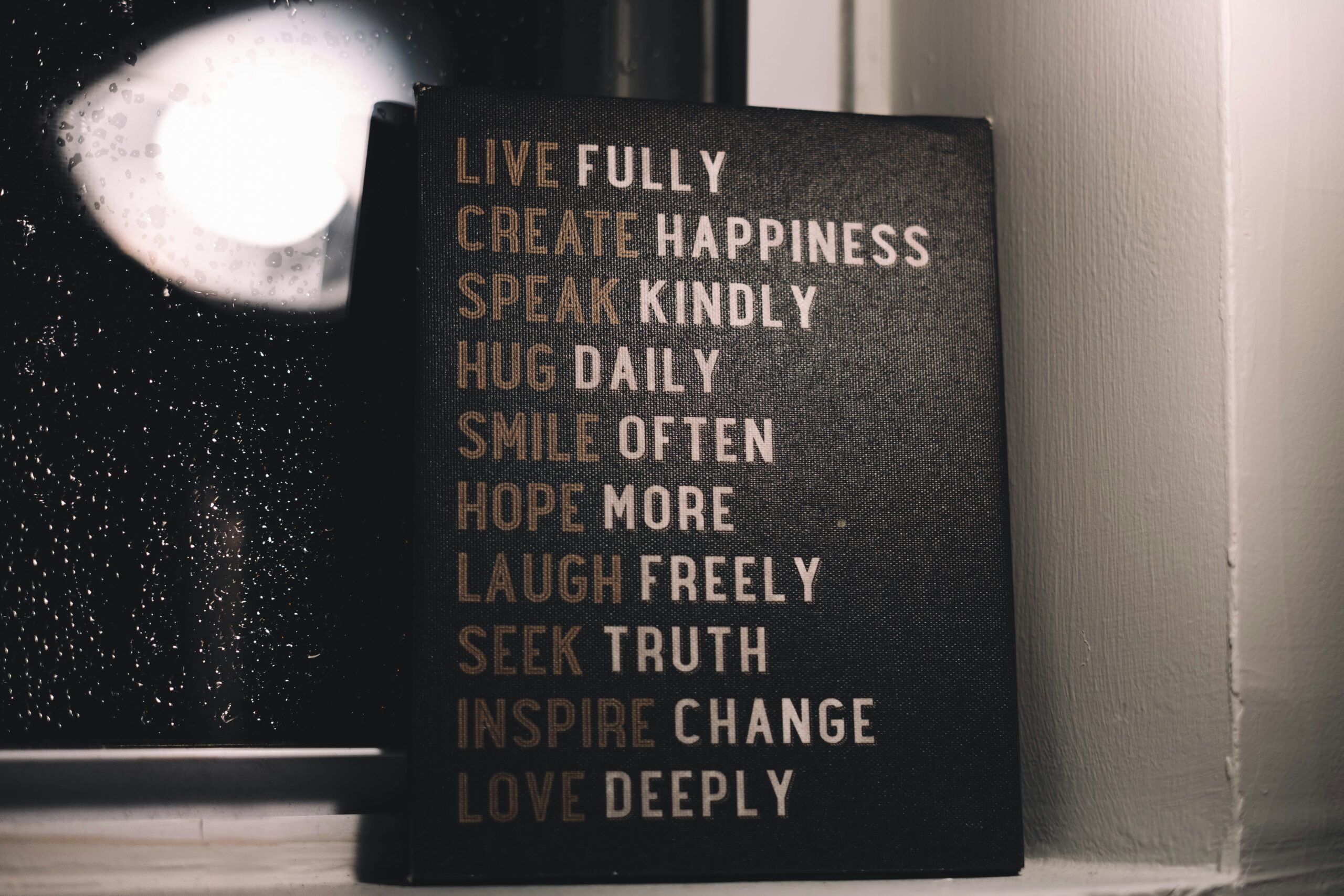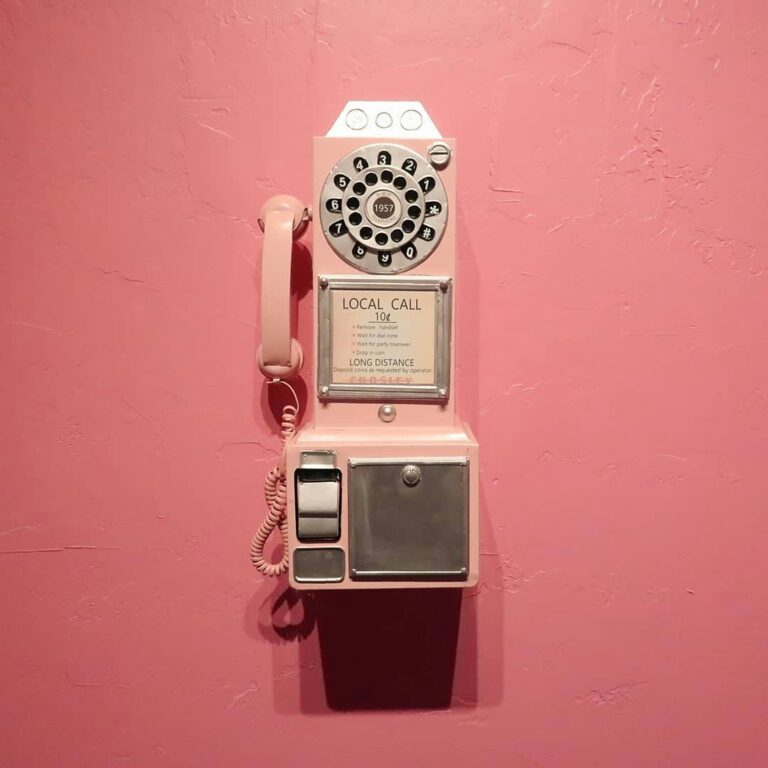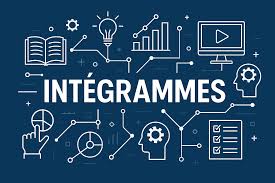Simpciry: The Simple Lifestyle for Clarity, Focus and Purpose
Many of us are looking for direction and clarity in a world that frequently feels overwhelming and confusing. Presenting simpciry, a thriving new movement in living that promotes simplicity. It’s about developing a lifestyle that puts what really important first, not just clearing out clutter or reducing distractions. Imagine being able to concentrate when you wake up every morning, free from the distractions and clutter that can sap your vitality and muddy your judgment.
Simpciry urges people to simplify their lives and focus on their values, interests, and objectives. The definition of simplicity, its roots in our fast-paced 2020s society, its guiding ideals, and how it varies from essentialism or minimalism will all be covered in this blog post. Simplicity has something to offer you, whether your goal is to increase everyday productivity through better communication or to strengthen relationships. Come along with us as we explore real-world uses for this revolutionary strategy!
Understanding What Simpciry Really Means
Adopting a simple lifestyle that places an emphasis on intentionality and clarity is the essence of simplicity. It encourages people to cut through the cacophony and diversions of contemporary life.
Simplicity basically encourages people to concentrate on what really important, whether those things be passions, relationships, or personal objectives. It’s about establishing a space for the mind to flourish.
Unlike ephemeral fads or trends, simplicity cultivates a real attitude. This way of living goes beyond the obvious and explores one’s values and goals in greater detail.
You can learn to value simplicity in all facets of life, from your everyday activities to your relationships with others, by practicing simplicity. Instead of just living in the middle of turmoil, it is a call to live a purposeful life.
The Origins and Growth of Simpciry in the 2020s
In response to the complexity of modern life, simplicity emerged. The 2020s brought unprecedented challenges, including global pandemics and rapid technological advancement. People sought clarity in the face of uncertainty.
The movement began to pick more steam in 2021. Individuals turned to social media platforms to exchange their insights and ideas on simplifying everyday chores. Numerous individuals seeking more satisfying lifestyles found resonance in this grassroots approach.
As influencers adopted simplicity, its reach expanded quickly. The popularity of webinars, podcasts, and online forums increased as they promoted open discussions on living a straightforward but purposeful life.
This way of life drew those who were disillusioned with consumerism. People began to accept it as more than just a fad, but as a necessary way of life in a busy world. The minimalist ideology became linked to focus and mental well-being during these turbulent times.
The Core Principles of Simpciry
A dedication to clarity is at the core of simplicity. This idea encourages people to put an end to distractions and concentrate on the important things in life.
Intentionality comes next. There should be a reason behind every choice and deed. This encourages mindfulness and helps you live a genuine life.
Balance is another fundamental principle. Maintaining balance in all facets of life—work, relationships, and personal development—is crucial while aiming for simplicity.
Additionally, flexibility is necessary. By accepting change and following these guidelines, you may adapt without losing sight of your objectives.
Within simplicity, community is important. Interacting with people who have similar values to your own builds support systems that facilitate the transition to a simpler way of living. Every concept blends together harmoniously to provide a path to understanding and contentment in daily life.
How Simpciry Differs from Minimalism and Essentialism
Simplicity distinguishes itself from essentialism and minimalism by carving out a distinct niche in the field of lifestyle choices. Simplicity delves deeper into making life’s intricacies simpler, whereas minimalism concentrates on minimizing material belongings to make room.
Essentialism seeks to identify what is actually required, although it frequently entails setting priorities for duties or obligations. Simpciry urges people to prioritize clarity and intentionality in all facets of life in addition to the necessities.
This method places more emphasis on mental clarity than simple decluttering. Instead of merely getting rid of distractions, it encourages people to consider their objectives and values in order to develop a comprehensive sense of purpose.
Simplicity promotes a more holistic viewpoint that cultivates inner serenity and joy by fusing emotional well-being with simplicity. It’s not just about clearing out the clutter on the outside; it’s about matching your behavior to who you really are.
The Psychology That Supports Simpciry
The idea of simplicity strikes a deep chord with our innate need for concentration and clarity. Our environments become less cognitively taxing as we simplify them. This enables the brain to give priority to critical tasks over unimportant distractions.
A clutter-free environment has been linked to better mental health, according to research. Living simply encourages mindfulness, which improves emotional control. Better decisions are made when there is less confusion around us.
Adopting simplicity also promotes introspection. It encourages people to pinpoint their basic beliefs and objectives. When needless things are eliminated, people’s acts take on more meaning.
The principles of positive psychology are in line with this minimalist approach. Happiness and fulfillment are fostered by concentrating on what really matters. Adopting simplicity can even reduce anxiety by providing a more straightforward route through the complexity of life.
Applying Simpciry to Daily Life
Making tiny, deliberate decisions is the first step towards implementing simplicity in daily life. Start by organizing your area. Get rid of things that aren’t useful or enjoyable anymore.
Next, make your schedule simpler. Set aside time for pursuits that are consistent with your values and objectives. Saying no more often allows you more time for the things that really count.
Make thoughtful activities a part of your daily routine. Journaling, meditation, or even just going for a stroll are all practices that promote attention and clarity.
Keep distractions to a minimum when using technology. Unsubscribe from pointless emails and turn off notifications on apps that don’t make your day better.
Embrace nutrition and meal simplicity as well. Plan simple recipes that feed your body and mind, and choose real foods over processed ones. This all-encompassing strategy aids in developing a healthy way of living that is focused on purpose and clarity.
Simpciry in Relationships and Communication
Simplicity changes the way we relate to other people. It promotes candid, transparent communication without of needless interruptions. Clarity emerges in interactions when we embrace simplicity.
Relationships grow stronger when one concentrates on what really matters. We listen more carefully and communicate ourselves honestly. Both friends and lovers benefit from this in terms of trust and understanding.
Simplicity provides an alternative viewpoint during times of strife. People may deal immediately with fundamental concerns rather than delving into intricate debates. Prioritizing empathy aids in closing gaps that frequently form during miscommunications.
Furthermore, interactions don’t have to be made more difficult by technology. Real connections are strengthened over surface-level interactions when basic tools or in-person meetings are used.
Communication dynamics are much improved when an atmosphere of honesty is fostered. Deeper emotional connections and shared experiences within relationships are made possible by having fewer words that are cluttered.
Conclusion
Your life can change if you embrace simplicity. In our increasingly hectic society, this straightforward way of living promotes attention, clarity, and purpose.
You open the door to a more fulfilling life by comprehending its fundamental ideas and putting them into practice every day. Simplicity provides useful tools for personal development, whether it’s improving communication in relationships or organizing your space.
Setting simplicity as a top priority is essential as we negotiate the many influences and diversions of contemporary living. It enables us to focus our ideas and deeds on the things that are truly important.
This way of thinking promotes real relationships with both ourselves and other people. We encourage a sense of tranquility into our life as we develop these activities.
Simplicity exploration leads to fresh viewpoints. It’s a call to appreciate the path to fulfillment while living deliberately every day.
Frequently Asked Questions ( FAQs )
What’s simple?
A simple lifestyle is one that places a high value on focus, clarity, and purpose. It encourages people to simplify their life by getting rid of unnecessary distractions and complexities.
Where did simpciry come from?
As people searched for ways to cope with ongoing busyness and information overload, the concept of simplicity gained traction in the 2020s. As more people became aware of the benefits of simplifying their lives, this movement flourished.
Is minimalism the same as simplicity?
Both concepts promote simplicity, although they do it in distinct ways. Minimalism is mostly focused on reducing material possessions, whereas simplicity encompasses more universal aspects like mental clarity and emotional well-being.
Can I apply basic ideas at work?
Of course! Simplicity in the workplace can boost productivity by setting priorities, streamlining chores, and creating a focused, distraction-free environment.
Are there specific ways to lead a simple life?
Yes! Examples of practices include regular decluttering, making goals that align with your values, practicing mindfulness through writing or meditation, and developing strong relationships that support your lifestyle choices.
Can children be brought up in a simple environment?
Of course! Teaching kids to value experiences over material possessions might help them form lifelong habits centered on clarity and purpose.
Can living a simple lifestyle help me feel better mentally?
It has been demonstrated that leading a simple life reduces stress. You may create an environment that promotes mindfulness and relaxation by decluttering your thoughts and body.
If you are interested in these ideas of simplicity or have questions beyond those addressed here, you might want to check out personal development materials, which often emphasize mental clarity as a part of self-improvement journeys.







